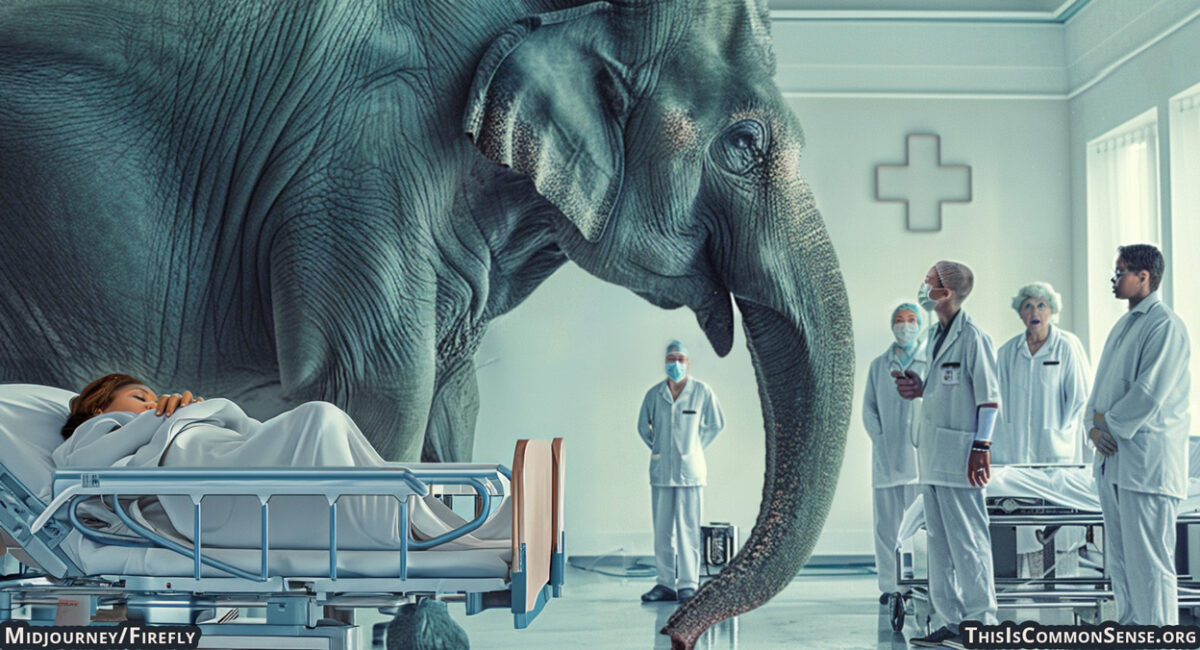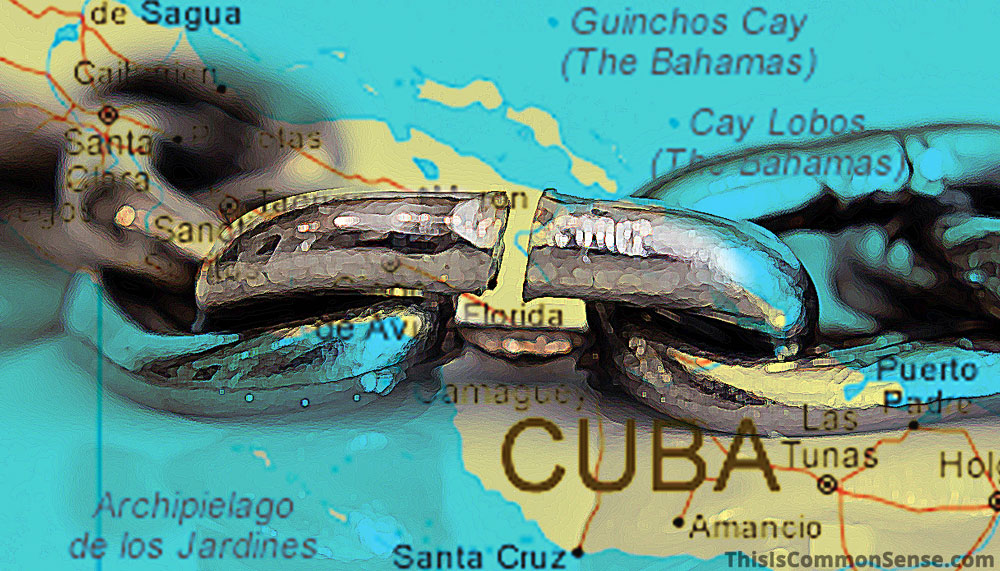There is a doctor shortage. Economists who study such issues project that the shortfall will continue to grow.
That is, the pool of available professionals for advanced and general practice medicine is shrinking relative to demand.
A report last year at Definitive Healthcare provides a list of reasons:
- Shifts in physician and patient populations
- Most healthcare workers prefer not to work in rural hospitals
- Medical school and residency programs are limited
- Healthcare workers are burnt out
What wasn’t mentioned? The COVID response debacle. When an elephant makes a deposit on the waiting room floor, don’t ignore it.
But, instead, the list of causes and cures was predictable: “too many administrative tasks” (need more assistants, or at least AI?); “poor work-life balance” (but that’s always been the case); “insufficient salary” (you could see that one coming a mile away, right?).
A study published in March, “The Complexities of Physician Supply and Demand: Projections From 2021 to 2036,” prepared for the Association of American Medical Colleges, dips its timid toes in that topic, but says little of significance.
And as I scrolled through a report on the study, I thought: this is none of my business. Just as it’s none of my business to fret much about the supply and demand for toilet tissue or garbage trucks. This is all supposed to be taken care of by “the market.”
Trouble is, we do not have a free market in medical care. We have an over-regulated, vastly subsidized healthcare system.
The key to the future supply of doctors is getting the government out of doctors’ business. Hesitating to turn that key, or saying that government “must do more,” merely makes the malady worse.
This is Common Sense. I’m Paul Jacob.
Illustration created with PicFinder and Firefly
—
See all recent commentary
(simplified and organized)


